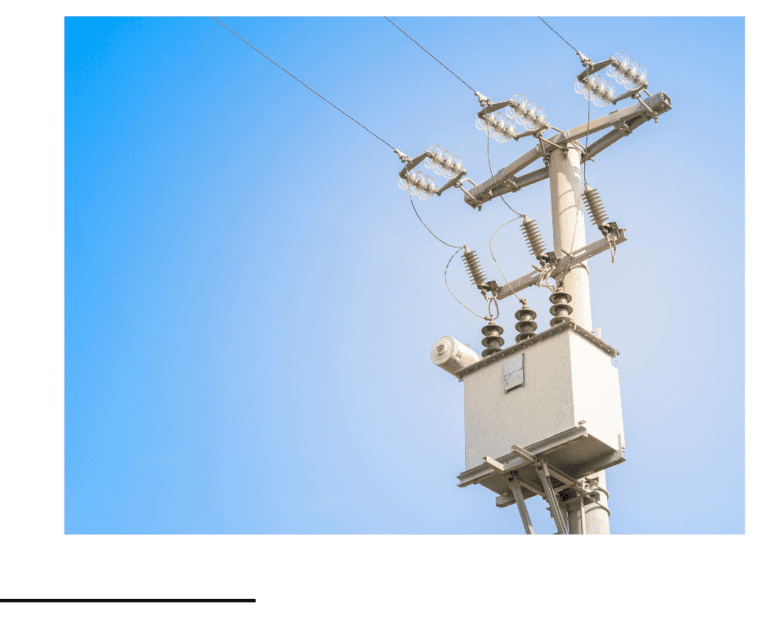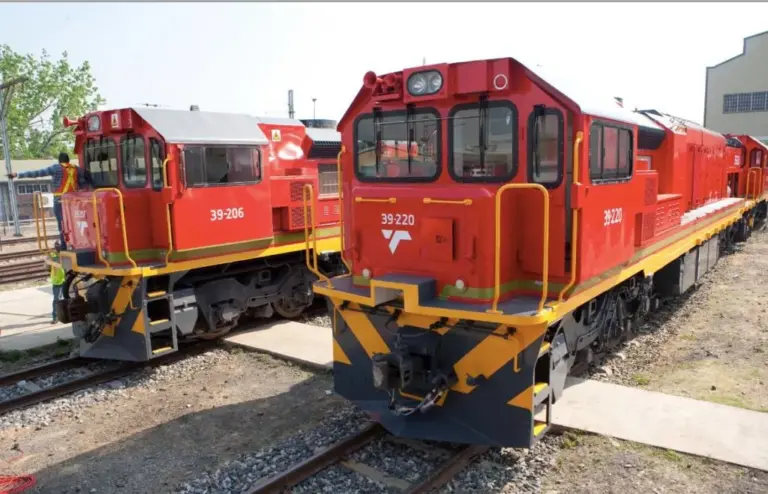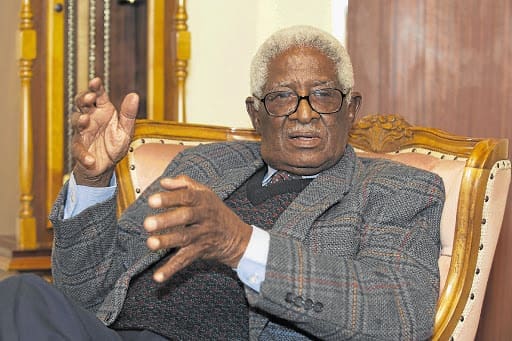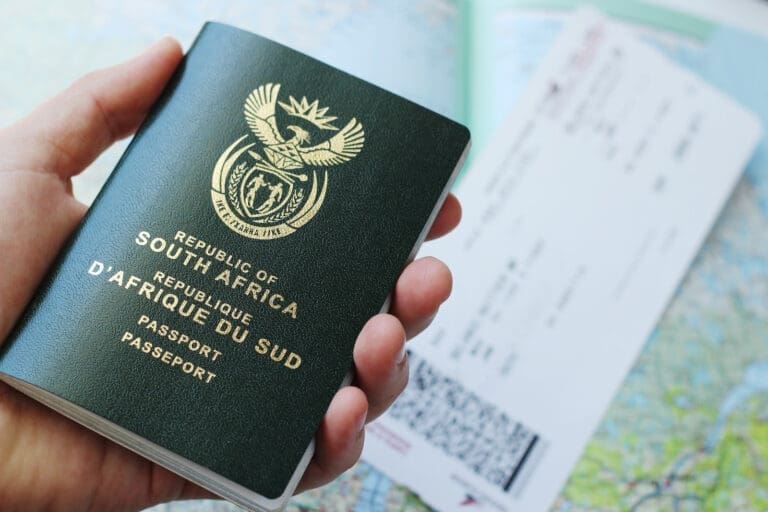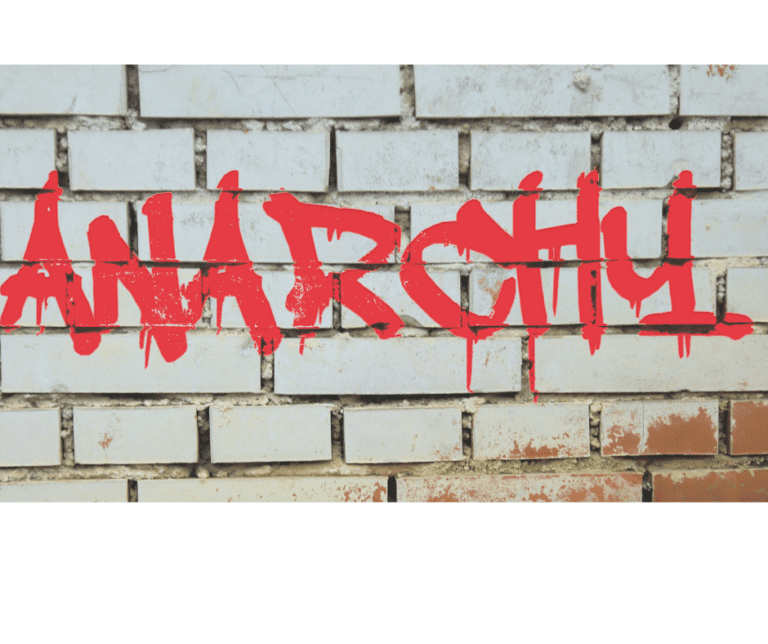In a stark revelation, the Department of Health disclosed that the nation’s official mortuaries currently house approximately 2,000 unclaimed bodies. This concerning statistic sheds light on a burgeoning crisis gripping South Africa, with KwaZulu-Natal emerging as the epicenter of this grim reality.
According to data released by the Department of Health, KwaZulu-Natal stands out as the province grappling with the highest number of unclaimed bodies. This revelation underscores the urgent need for comprehensive intervention and highlights systemic challenges within the mortuary infrastructure.
Deputy Minister of Health, Sibongiseni Dhlomo, addressed the alarming situation in an interview with eNCA, emphasizing the gravity of the issue and the imperative for prompt action. The discourse centered on the underlying factors contributing to the accumulation of unclaimed bodies and the potential ramifications for public health and societal well-being.
The prevalence of unclaimed bodies in official mortuaries not only poses logistical challenges but also raises profound ethical and humanitarian concerns. Each unclaimed body represents a story untold, a life unresolved, and a family in limbo, grappling with the anguish of loss compounded by administrative hurdles.
While the exact reasons behind the surge in unclaimed bodies remain multifaceted and complex, socioeconomic disparities, inadequate identification mechanisms, and cultural factors likely play pivotal roles. The inability of families to afford burial expenses, coupled with bureaucratic inefficiencies, exacerbates the issue, leaving deceased individuals stranded in mortuaries, devoid of dignity in death.
Moreover, the disproportionate burden borne by certain provinces, such as KwaZulu-Natal, underscores regional disparities in healthcare infrastructure and resource allocation. Addressing the root causes of this disparity demands a holistic approach, encompassing not only immediate logistical solutions but also broader socioeconomic interventions aimed at alleviating poverty and fostering social cohesion.
In response to the escalating crisis, stakeholders must prioritize collaboration and innovation to streamline mortuary processes, enhance identification protocols, and facilitate timely repatriation of remains to families. This necessitates leveraging technology, strengthening interagency coordination, and fostering community engagement to address the multifaceted dimensions of the issue.
Furthermore, initiatives aimed at raising public awareness about the importance of proper identification and timely claim of deceased loved ones are imperative to mitigate the prevalence of unclaimed bodies. Empowering communities with knowledge and resources can help dismantle barriers to access and ensure that every individual receives the dignity and respect they deserve, even in death.
Beyond immediate interventions, long-term strategies must be devised to address systemic deficiencies within the mortuary system and promote equitable access to dignified end-of-life care. This entails investment in infrastructure, capacity-building, and policy reform to foster a more compassionate and inclusive approach to death care.
As South Africa grapples with the sobering reality of 2,000 unclaimed bodies languishing in mortuaries nationwide, the imperative for concerted action has never been more urgent. In the face of adversity, solidarity and compassion must guide our collective response, ensuring that no life is forgotten and no family is left behind in their time of grief. Only through collaborative effort and unwavering commitment can we confront this crisis and uphold the sanctity of human dignity till the very end.





